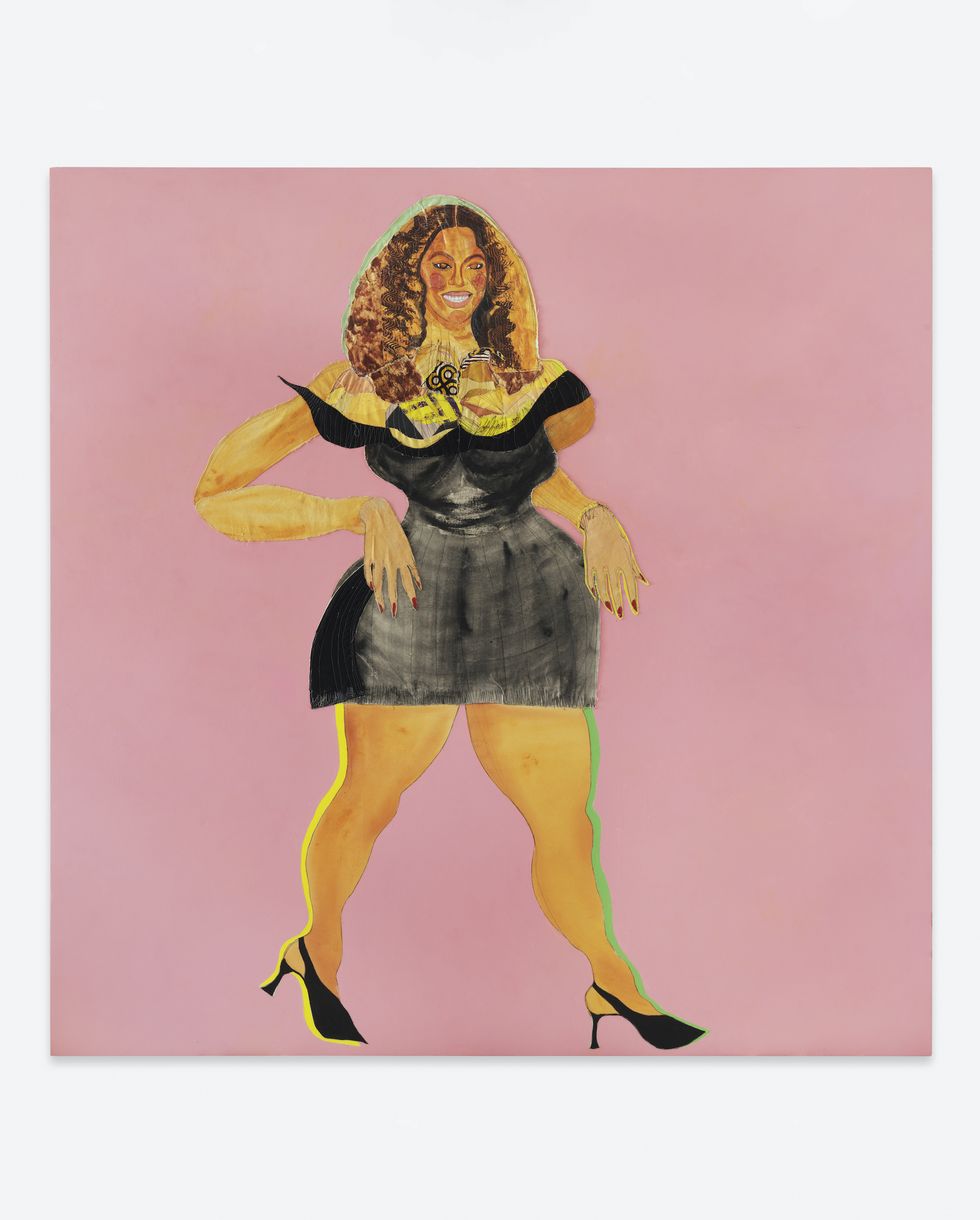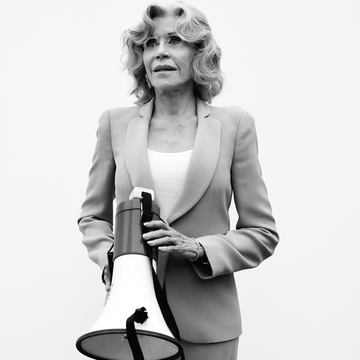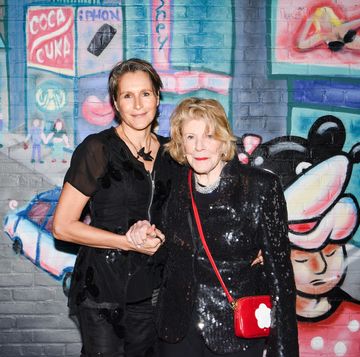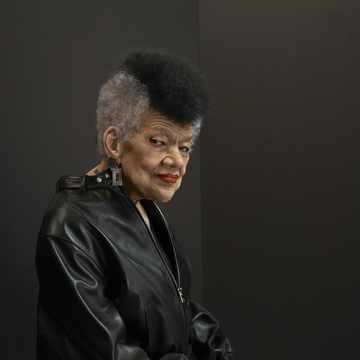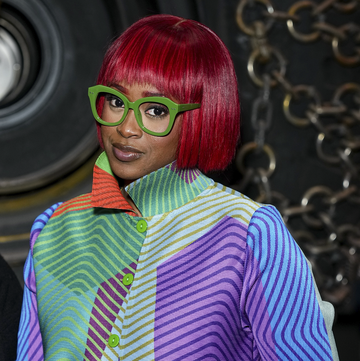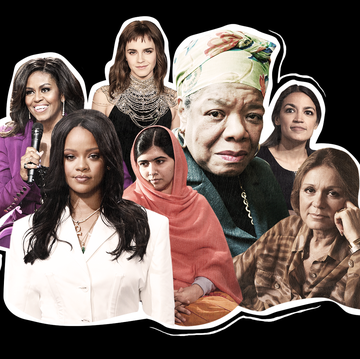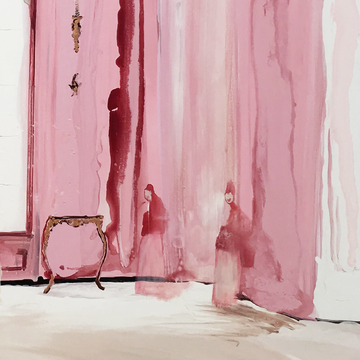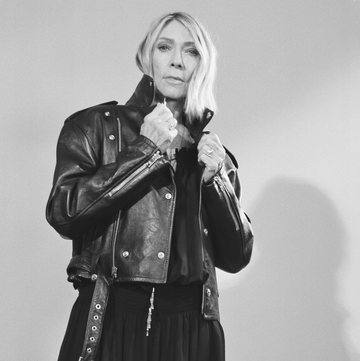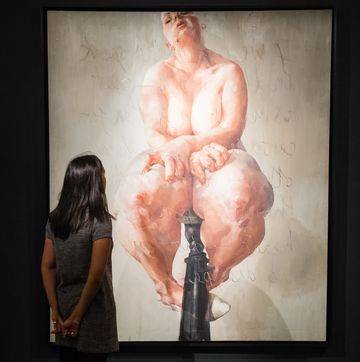On the first day of the 2021 French Open, tennis superstar Naomi Osaka refused to answer questions about anything. She politely said no to all that, agreed to pay the fine that came with her silence, and withdrew the next day. Osaka’s refusal made me wonder if Beyoncé Giselle Knowles-Carter was a model for the self-protective restraint she demonstrated.
Beyoncé’s brilliance walks the tightrope between a deliberate self-empowering personal journey of radical Black feminism for public consumption and a commitment to family and self-care. Her attention to herself and her family demonstrates a form of power built on practices that are inward facing. This sovereignty might be read as a departure from her role as a pop diva, but it ought to be seen as an attempt to place boundaries between the performer and the woman. The beauty of this is that the superiority of her work is what maintains her role as a cultural icon. She is not someone who wishes her “laundry in the streets.”
Diva is a term derived from a Latin word for goddess that has often been used pejoratively to describe women, especially Black women, who give of themselves for public consumption and dare ask to be given what they deserve in return. Beyoncé has redefined the word to mean one who is “graceful, and talented ... and brave and someone with humility.” And perhaps in this, her 40th year, her grace, talent, bravery, and humility will allow her to decide for herself what meaningful and integrated success will look like moving forward. It’s become the post-pandemic question, but she has been deeply engaged with it for the past decade.
Beyoncé’s 2008 opus, I Am...Sasha Fierce, a double album presenting complementary facets of the pop star’s personality—one part quiet self-determination and introspection, the other fearless and fiery outward-facing dance hits—might have been one of her initial attempts to reclaim her time, to paraphrase Maxine Waters’s words turned feminist maxim. In creating Sasha Fierce, Beyoncé was able to imagine a boundary between her private self and her public persona, one that she would eventually and overtly actualize. Even though the project made both positions available to the public, songs like “Diva” began to ask for time, space, and autonomy: “Stop the track / Let me state facts / I told you gimme a minute and I’ll be right back.” By the end of 2011, she had parted ways with her manager father and taken complete control of her output and time.
In 2010, Beyoncé took her first notable break from performing. This yearlong respite from the spotlight, encouraged by her mother, was chronicled in her personal documentary Year of 4, released the following summer, in tandem with her fourth studio album. “I never realized I don’t know how to take a year off,” she says at the opening of the film, as we see her bicycling, walking on the beach, and discussing her own exhaustion.
Like all of her solo albums, 4, whose title reflects both her birthday and her lucky number, speaks to the particularities of being singularly Beyoncé but, through emotional registers, recognizable and available to all. From her days in Destiny’s Child with Kelly Rowland and Michelle Williams, Beyoncé directed her lyrics to every woman. This collective voice and mode of address remained even after she went solo. Her songs addressed “the ladies,” and her fan base, known as the Beyhive, responded fiercely and protectively to her call. But with each album, Beyoncé seems to move closer and closer to identifying specifically through an African-American lens.
The social theorist Patricia Hill Collins, in her seminal text Black Feminist Thought, writes, “Building on African-influenced oral traditions, musicians in particular have enjoyed close association with the larger community of African-American women constituting their audience.” If we follow Collins’s logic, Beyoncé’s position allows her a unique place in the recognition and affirmation of a Black female consciousness. Her decision to include Black women prominently within her circle is in tune with both the development of her feminist voice and her own portrayal of Black female subjectivity. She employs an army of people, many of whom are women, making it near impossible to misinterpret her feminist orientation. She famously tours with an all-female band, making her messages to women and her life as a woman available to us.
Beyoncé’s 2013 self-titled album continues to interrogate gender but now also subtly questions white standards in songs like “Pretty Hurts,” where she sings, “We shine the light on whatever’s worst / We try to fix something / But ya can’t fix whatcha can’t see / It’s the soul that needs surgery / Blonder hair / Flat chest.” In her trap-influenced anthem “***Flawless,” she samples the Nigerian writer Chimamanda Ngozi Adichie and asks questions about the subjugation and creative flattening of the lives of women without extending that line of questioning toward other injustices, namely racial subjugation. But the video is framed by footage of the loss of Girls Tyme, Destiny’s Child’s original name, to an all-male white rock band on the competition show Star Search.
Beyoncé’s songs on her 2016 visual album, Lemonade, foreground a devastating historical legacy while still honoring the full range of an individual’s emotional journey. Her ability to address the spectrum of betrayal—both personal and systemic—that Black women have been subjected to in a racist and misogynistic culture makes her simultaneously hyper visible and invisible in the collective history. Her story is a part of the larger cross-generational dynamics that have threatened Black families in the “afterlife of slavery,” to use the cultural historian Saidiya Hartman’s terminology.
This new expansiveness was fully on display in her 2016 Super Bowl performance. There she drew from the rich visual and sartorial history of Black radicalism and Black revolutionaries to create a seamless tone poem of resistance and joy. Despite attempts of some critics to deliberately misinterpret her performance, it managed to contain all the contradictions, grief, strength, and protest of Black life in America in the 2010s. The very realities that made some so agitated and uncomfortable have catapulted her into an international role model for women supporting racial and gender equity. Aretha Franklin now had company in her call for respect.
In 2020, Beyoncé’s visual album and film Black Is King was released. It is a retelling based on the music of The Lion King: The Gift and steeped in the education of all we know. “A journey is a gift,” she states in Black Is King. If Lemonade looks at Beyoncé’s place in American history, Black Is King takes on a diasporic lens with global reach. Here again, her family and community are essential components. Her choice to involve her children allows access without access. No attempt is being made to deny her motherhood alongside her role as a diva.
After a long and egregious year and a half of state-sanctioned white supremacist violence, life-changing Black Lives Matter protests, and a pandemic with far-reaching effects around the world—all stark reminders of the historical precarity of African-Americans among others—it’s inspiring to move forward knowing that Beyoncé’s musical legacy and philanthropic history have grown into such an expansive, full, collective vision. She is witnessing, addressing, and helping us manage and sustain within our evolving history.
Claudia Rankine is an award-winning poet, essayist, and playwright. Her latest book, Just Us: An American Conversation (Graywolf Press), is available in paperback this month.
